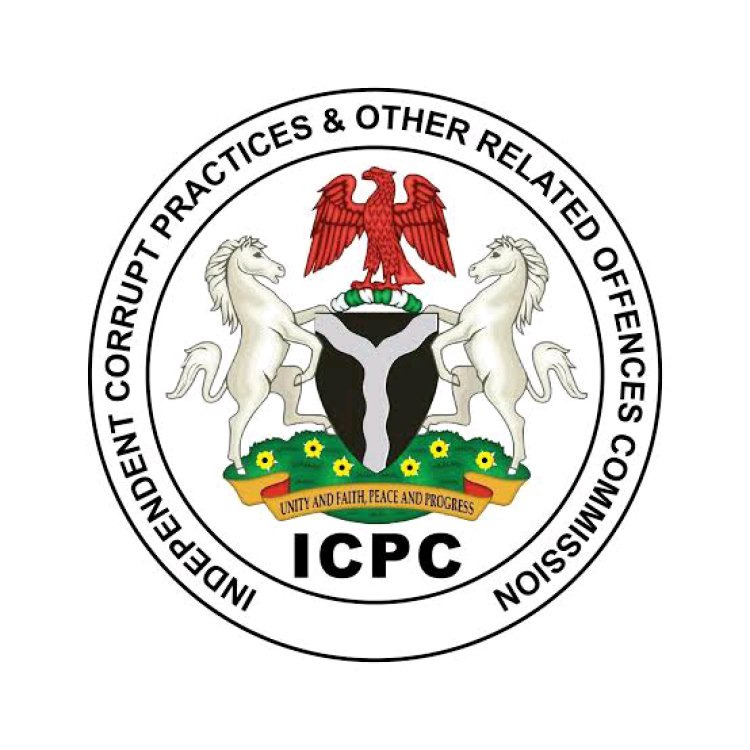ICPC Launches Anti-Sexual Harassment Model to Safeguard Nigerian Tertiary Institutions
The policy includes the utilization of the Campus Pal APP, an online reporting platform that allows students to report harassment cases discreetly, facilitating prompt and effective responses from their respective institutions.

The Independent Corrupt Practices and Other Related Offences Commission (ICPC) has announced the development of a model for an anti-sexual harassment policy tailored for tertiary education institutions in Nigeria. This initiative comes as a response to the alarming prevalence of sexual harassment within these institutions.

The announcement was made following a capacity-building training session organized for members of the Independent Sexual Harassment Prohibition Committees of tertiary education institutions, held in Uyo, Akwa Ibom state. The training, conducted in collaboration with the Abuja-based non-governmental organization, Gender Mobile Initiative, aimed to equip participants with the necessary tools to address and combat sexual harassment effectively.
READ ALSO:Nigerian Army University Biu Holds It's 6th Matriculation Ceremony
According to Omowumi Ogunrotimi, the Executive Lead Director of Gender Mobile Initiative, the draft anti-sexual harassment policy was developed through joint efforts between ICPC and development partners, with the approval of the Federal Ministry of Education. This policy is designed to address the lack of credible internal grievance remedial mechanisms for individuals facing sexual harassment challenges on campuses.
The policy includes the utilization of the Campus Pal APP, an online reporting platform that allows students to report harassment cases discreetly, facilitating prompt and effective responses from their respective institutions.
Adenekan Shogunle, an ICPC Sexual Harassment and Abuse Response Mentor, emphasized the urgency of combating sexual harassment in tertiary education institutions, describing the current situation as alarming. He highlighted the need for collaborative efforts to restore integrity and accountability within educational institutions.
Shogunle noted the absence of specialized anti-sexual harassment policies in most institutions, which has led victims and their supporters to seek justice through social media platforms. He stressed ICPC's commitment to enforcing the law and preventing corrupt practices, particularly in cases of sexual harassment and abuse of office.
Under the leadership of Dr. Musa Adamu, ICPC maintains a zero-tolerance policy towards sexual harassment, abuse of office, and other forms of corrupt practices. The commission aims to promote a safe and conducive learning environment for all students across tertiary institutions in Nigeria.





